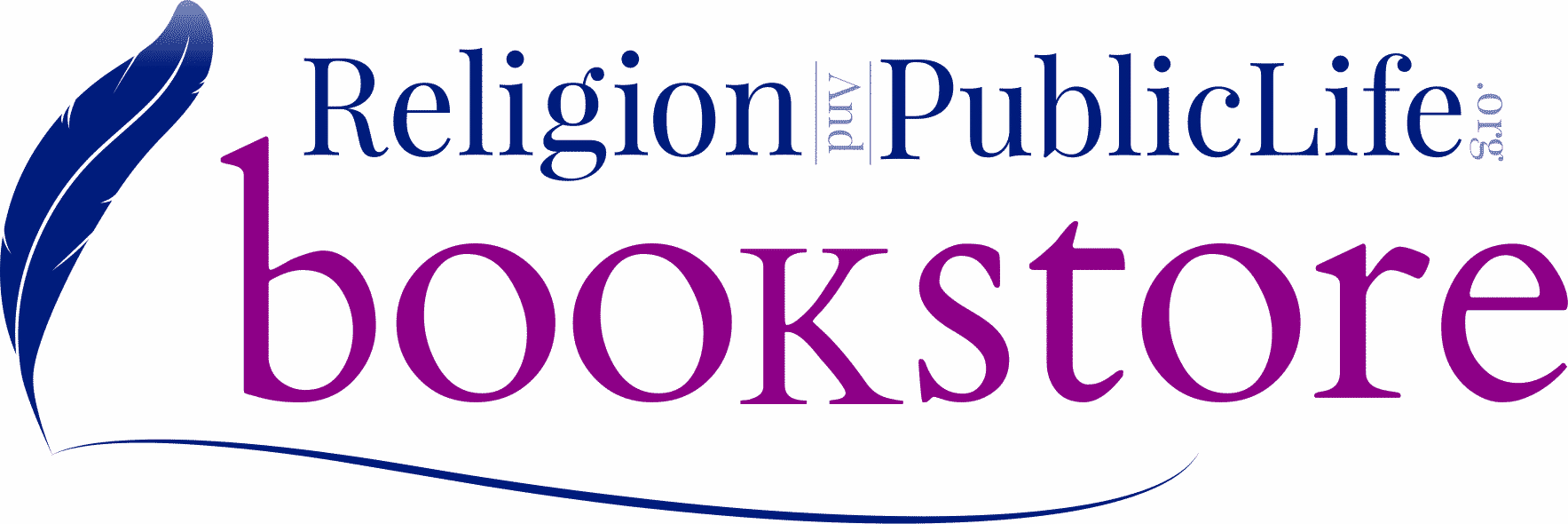What will we learn?
Certificate Students: The certificate program issued by the Institute for Social Policy and Understanding is divided into five courses.
▸ In ISPU 2501 Muslim Religious Liberty in Early America, we will examine the origins of Muslims in Early America and the legal history of religious liberty in the United States.
▸ In ISPU 2502 Who Are American Muslims?, we will examine the contemporary demographics of American Muslims, their values and views.
▸ In ISPU 2503 How are Muslims Represented?, we will examine studies that document the systematic discrimination faced by American Muslims in the news media, multiple branches of government, and in public schools.
▸ In ISPU 2504 How are American Muslims Treated?, we will explore the various ways American Muslims have been resilient in the face of adversity by examining their social contributions to American society and civic engagement.
▸ In ISPU 2505 Resilient Communities: Pathways Forward, we will reflect on ways Muslims recover from set-backs by cultivating rich internal lives while performing acts of generosity, service, solidarity, and belonging.
Students Seeking Academic Credit: After completing the graded assignments in the previous five courses, students will enroll in ISPU 2506 Capstone Project. Students will design and implement a community-based project, applying what they have learned from the course collection. Speak to your advisor about which accredited colleges and universities will offer you credit for completing the ISPU 2500-level course collection.
How will we learn together?
ReligionAndPublicLife.org is a social learning community. Adult learners apply the WISE CAP method developed by 1791 Delegates. Students begin by Watching compelling videos, Interacting with retention games, Studying scholarly sources, and Engaging their fellow students and community. Those enrolled for college credit earn their CAP by Composing essays, Amending their written work based on faculty feedback, and verbally Presenting their insights to their classmates and community. The WISE CAP and Capstone exercises use the gamification of online learning to enhance the intellectual and professional development of adults of all ages.




